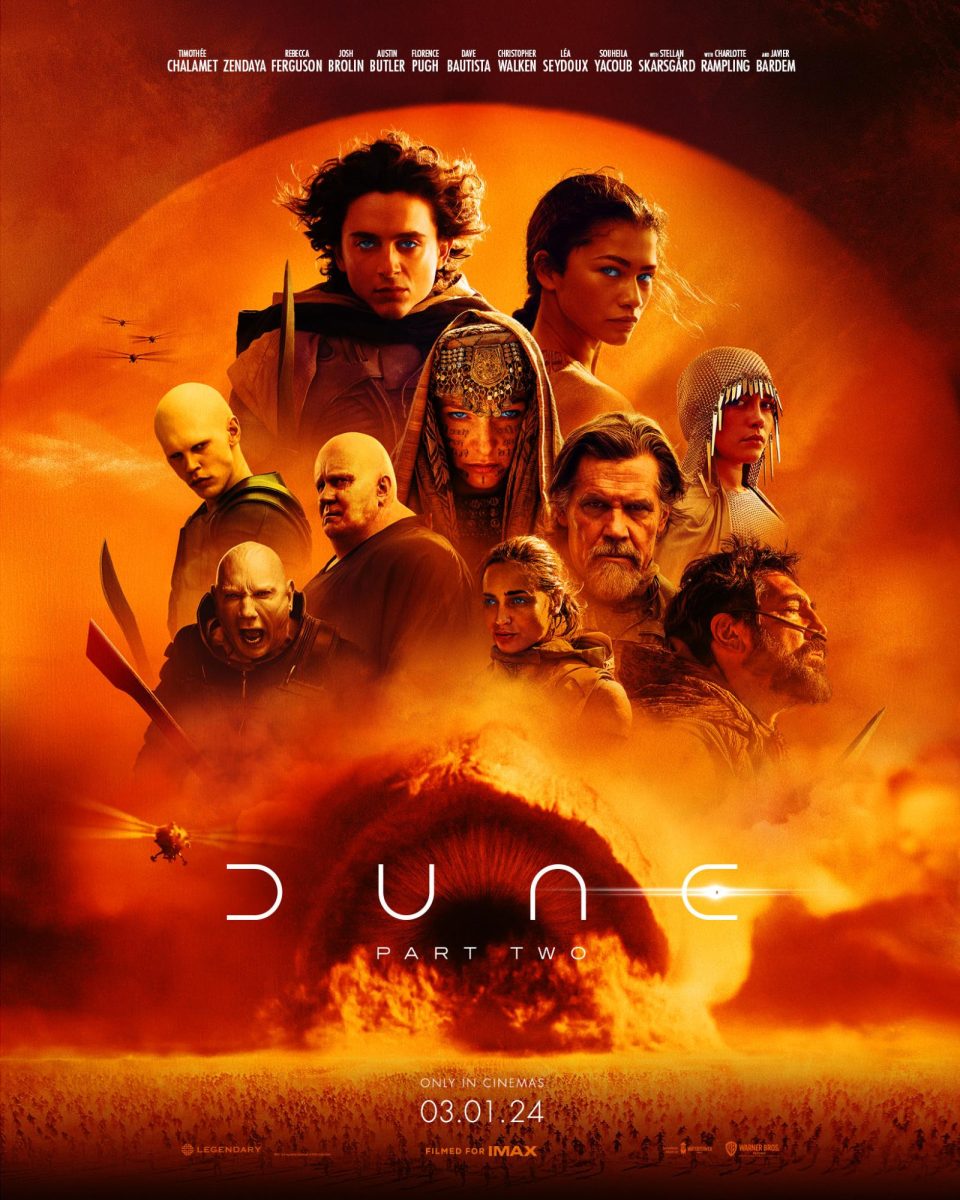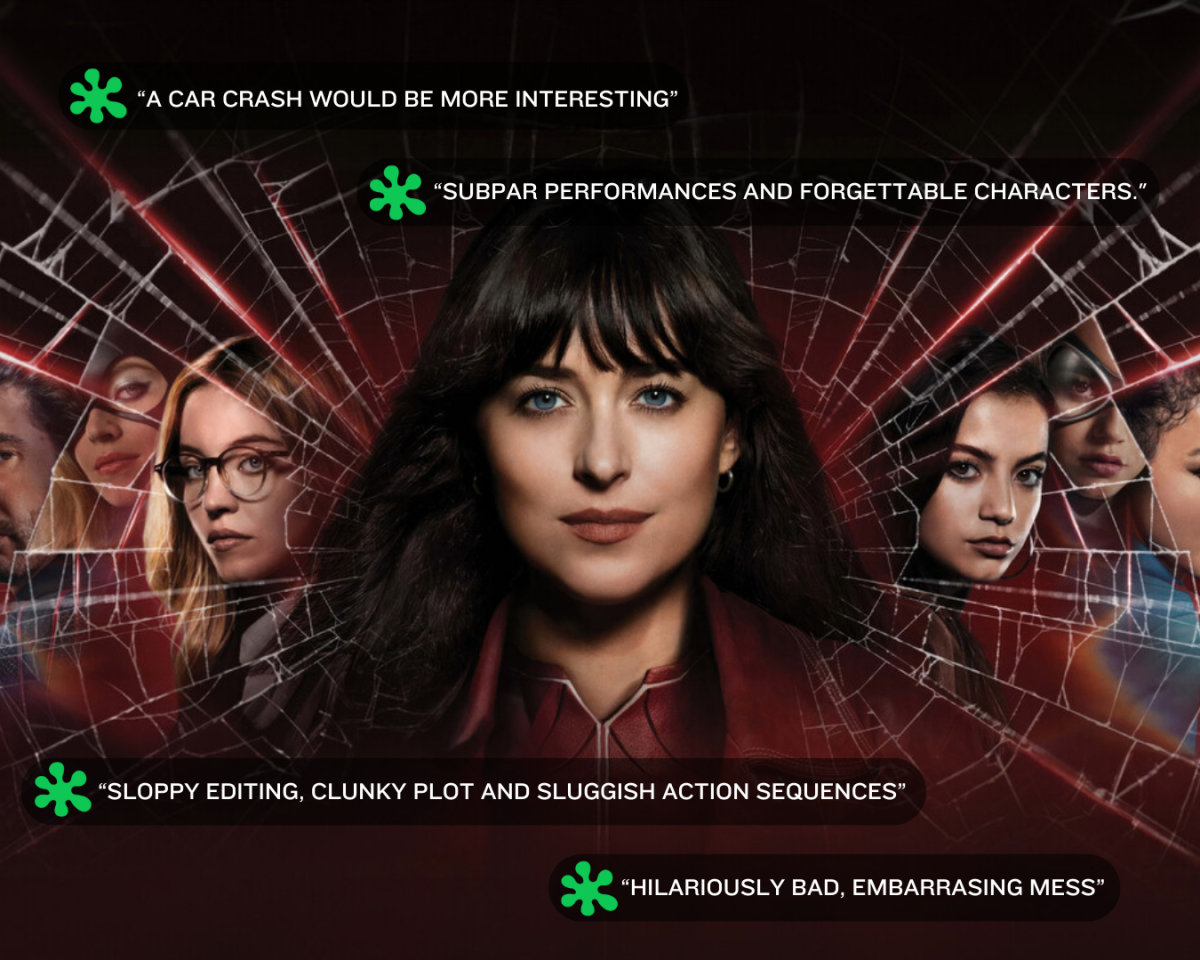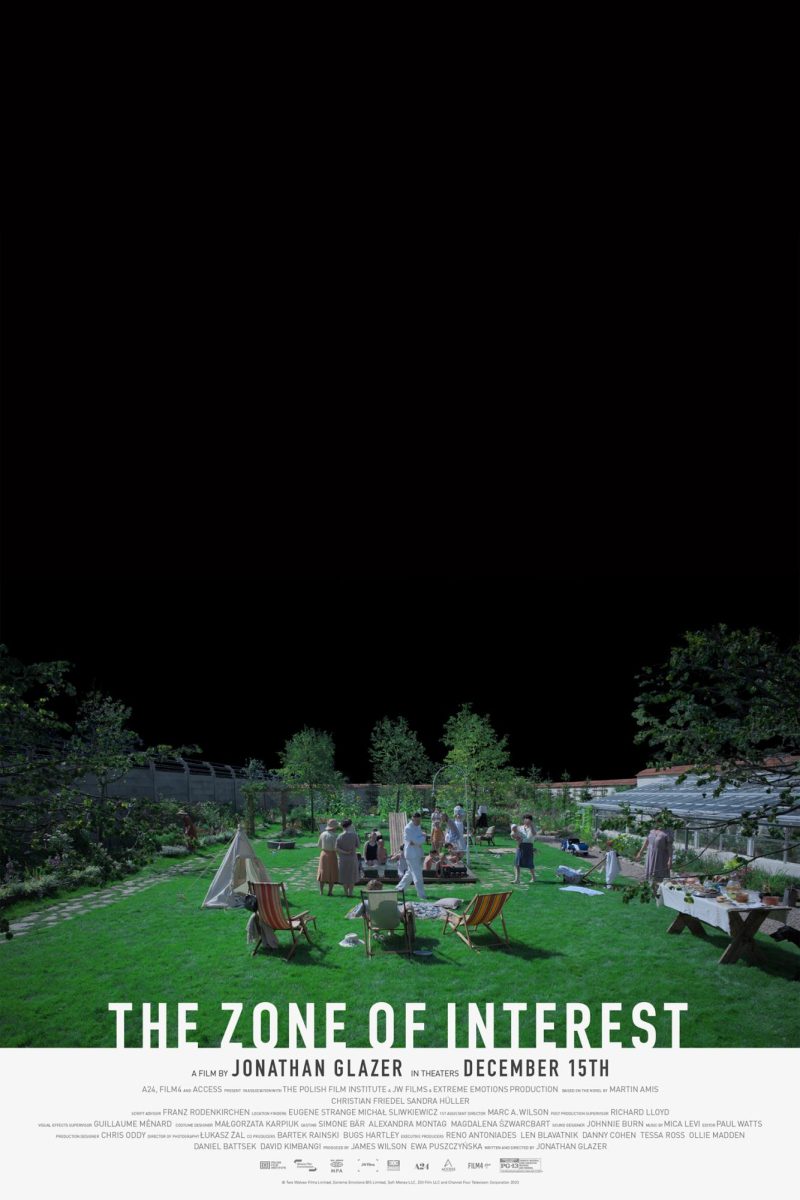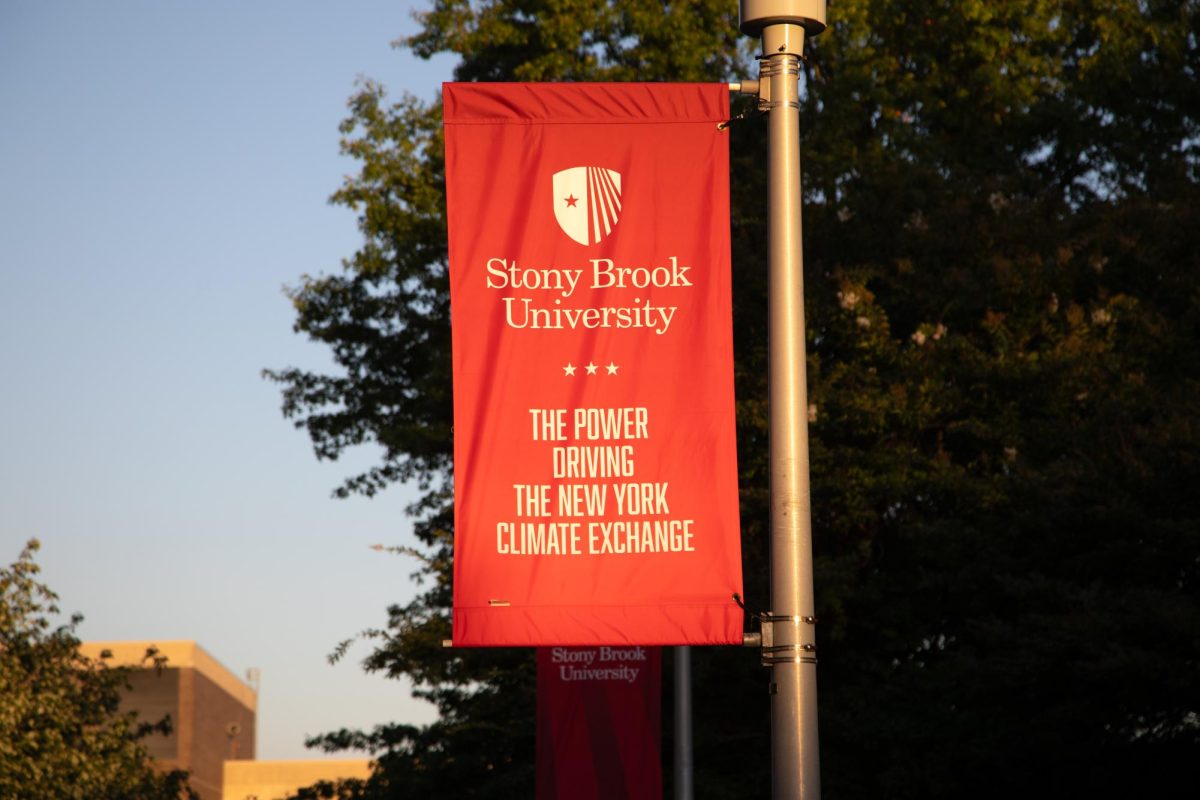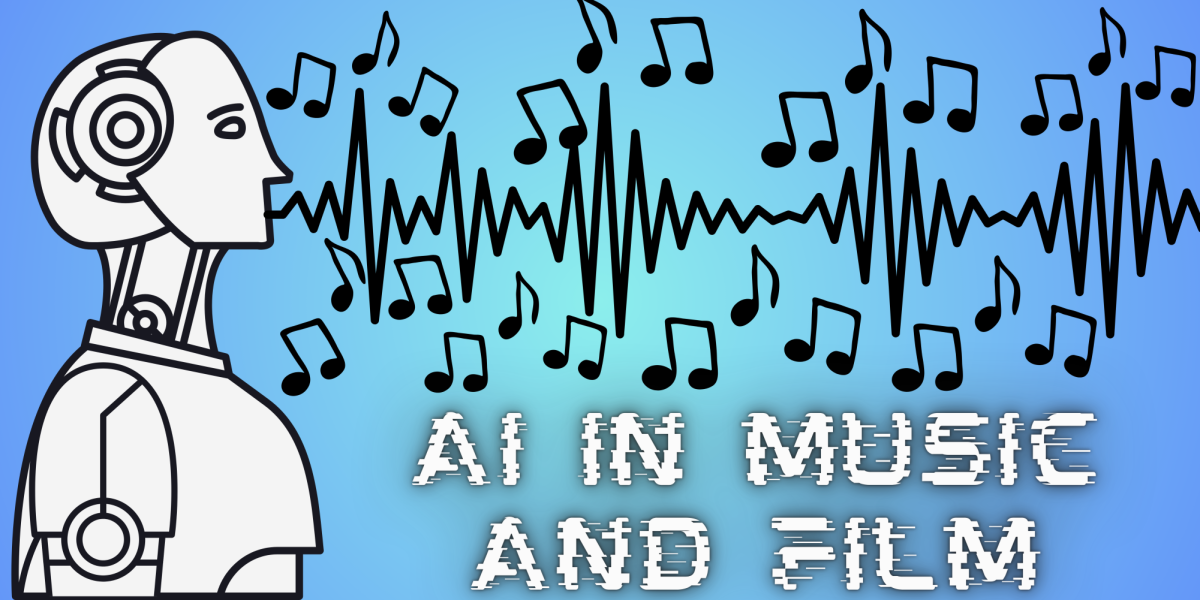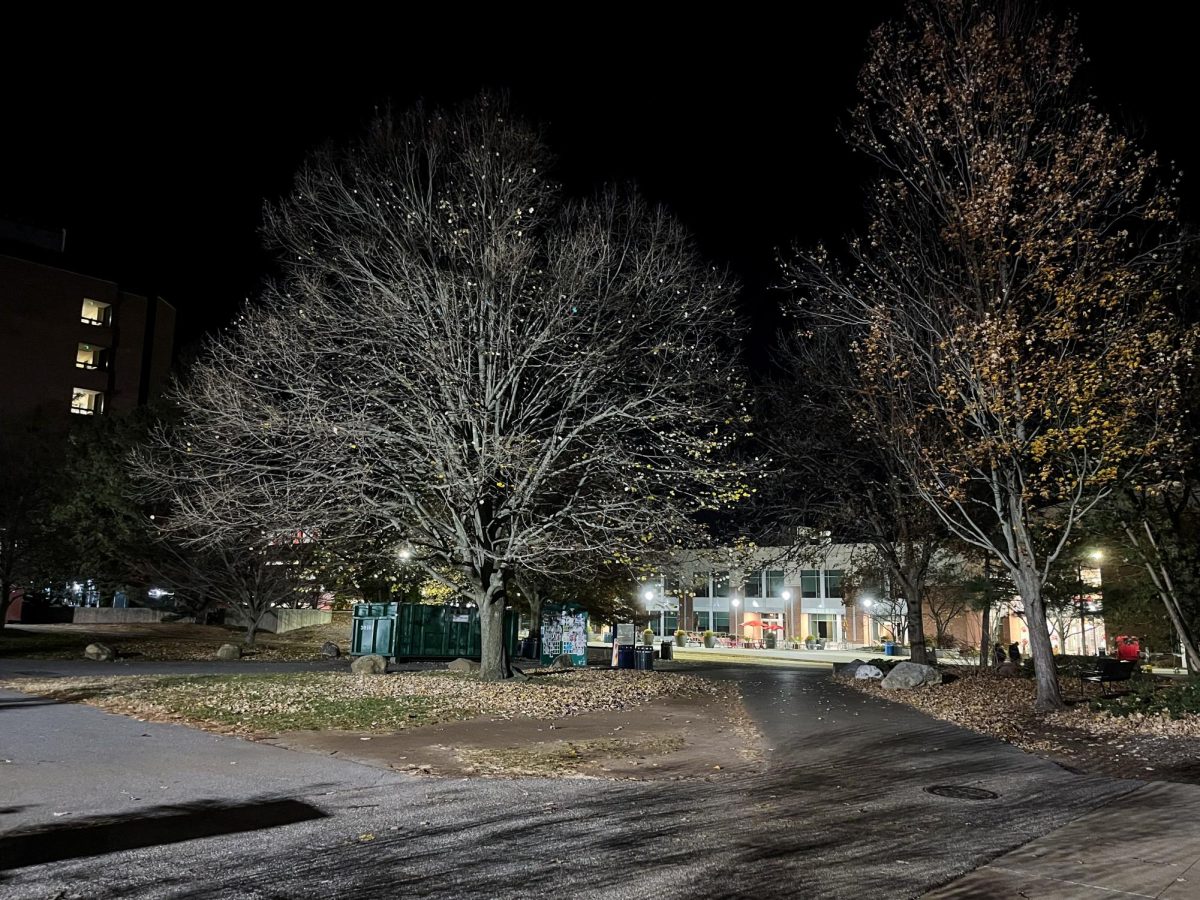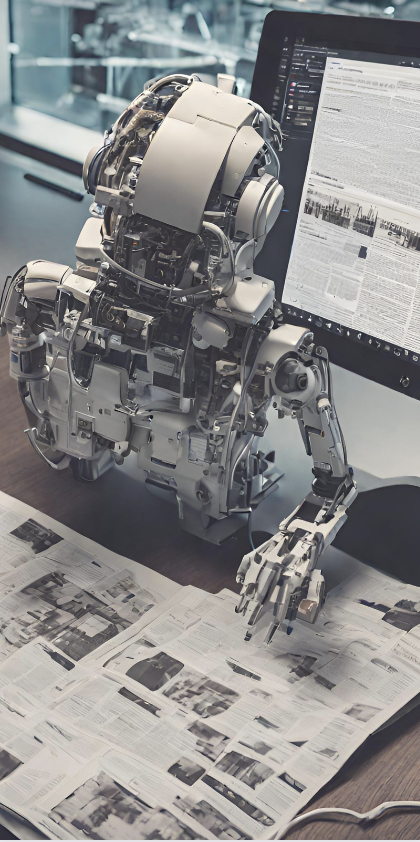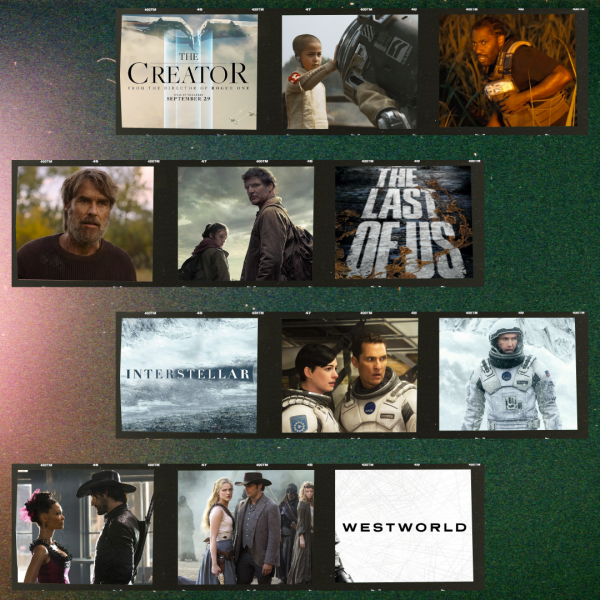
Due to renewed interest in cutting-edge technology, such as artificial intelligence (AI) and increased Internet accessibility — which generates climate change awareness — the desire for escapism has impacted the rise of the science fiction (sci-fi) genre. As a result, we have seen an increased production of sci-fi television series and films.
Revisiting the dystopian or post-apocalyptic side of the genre is a frequent experience for many sci-fi fans. The genre has had a lasting impact on popular culture, dating back to the 19th and early 20th centuries.
Authors like Mary Shelley, the sci-fi trailblazer who wrote “Frankenstein” in 1818, carved out this fascinating and enduring niche. “Frankenstein” is often considered one of the earliest sci-fi novels and has since been adapted into various forms, including the films “The Curse of Frankenstein” (1957) and “Frankenweenie” (2012), the National Theater’s production of “Frankenstein” (2011) and Marvel’s comic book version of Frankenstein, “Frankenstein’s Monster.” The character first appeared in a horror comic titled “Your Name Is Frankenstein,” featured in Menace #7 in 1953.
Over the past decade, the explosion of the sci-fi genre has become more pronounced since Christopher Nolan’s “Interstellar” was released in 2014. A possible cause might have been the depiction of AI robots in the film, which preceded an increased interest in dystopian, post-apocalyptic worlds.
In 2023, two notable projects — HBO’s adaptation of the beloved video game series “The Last of Us” and the dystopian film “The Creator” — came out. These projects used sci-fi as a medium to address current problems in society.
The release of “The Creator” further emphasized the need for open dialogue about AI. The film delves into the world of AI and the concerns about a prospective dystopian future. It also invites viewers to consider the blurred lines between real and alternative timelines.
Television series like “Westworld” contribute to how AI and robotics are portrayed in a fast-developing society, whereas “The Creator” delves into the dynamic relationships between the human mind and AI. “The Creator” also aims to challenge audience perceptions of what it means to be human in an increasingly technological world. The film offers a glimpse into a future where the relationship between creator and creation takes center stage. It prompts viewers to consider the impacts of our actions as humans. This idea somewhat mirrors the themes in works like Shelley’s “Frankenstein,” such as the moral implications of technological developments that can harm society.
Further, the video game adaptation series “The Last of Us” has a more nuanced take on the sci-fi genre, similarly pushing the boundaries of imagination while navigating complex ethical dilemmas.
This show portrays a post-apocalyptic world destroyed by a global pandemic triggered by Cordyceps, a mysterious fungal infection. The infection turns humans into zombie hosts with the only goal being to contaminate as many as possible. The series combines sci-fi, horror and dystopian elements through a unique and compelling narrative that parallels the COVID-19 pandemic.
Upon its debut on Jan. 15, the pilot drew 4.7 million viewers in the United States, which was HBO’s second-largest debut in over a decade. Additionally, “The Last of Us” made history when it received 24 Primetime Emmy Award nominations, becoming the first live-action video game adaptation to receive any major award consideration. These achievements have led film critics like Mark Delaney to say the series “feels like the beginning of a new era” for the genre.
Overall, the sci-fi genre provides an ideal escape for many people. Through its ability to transport viewers to galaxies, post-apocalyptic universes and dystopian worlds, the genre breaks down the barriers of realism, resulting in limitless boundaries.
Glyn Morgan, a researcher and professor of government and social studies at Harvard University, said in an Interface Focus article that the sci-fi genre serves as a type of escapism for viewers as they try to understand and anticipate what might come next in our futuristic, technologically advanced society. He said that the genre “[doesn’t just] predict [behaviors of influential individuals and how certain events have unfolded], it [also] anticipates the social structures which produce them.”
The entirety of the sci-fi genre lets us envision different timelines and alternative futuristic components, with the ability to understand prominent issues related to public health, as seen with “The Creator.”
By exploring overarching themes such as the allure of escapism, awareness of environmental issues and groundbreaking technological advancements, the sci-fi genre has been brought to new heights in 2023 with the releases of “The Last of Us” and “The Creator.”













